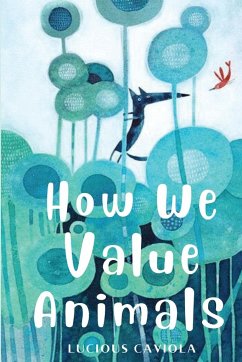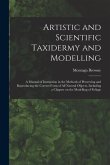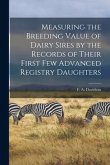Humans clearly prioritise themselves over animals1. This shows in many different domains, across all cultures, and throughout history. Most conspicuously, humans kill and eat animals on a massive scale. Similarly, humans use some animals as experimental subjects to benefit humans. Yet other animals are kept as sources of entertainment or used as industrial equipment, or they are considered pests. Our legal system views even our closest non-human relatives, chimpanzees, as property and denies them basic rights such as the right to bodily integrity. I call this general phenomenon of morally valuing humans more than animals moral anthropocentrism. Moral anthropocentrism appears to be a strong and universal human tendency (Petrinovich, O'neill, & Jorgensen, 1993). In this thesis, I will investigate it psychologically. In particular, I will focus on the speciesism hypothesis: the hypothesis that people value humans more than animals because of their mere species-membership.







